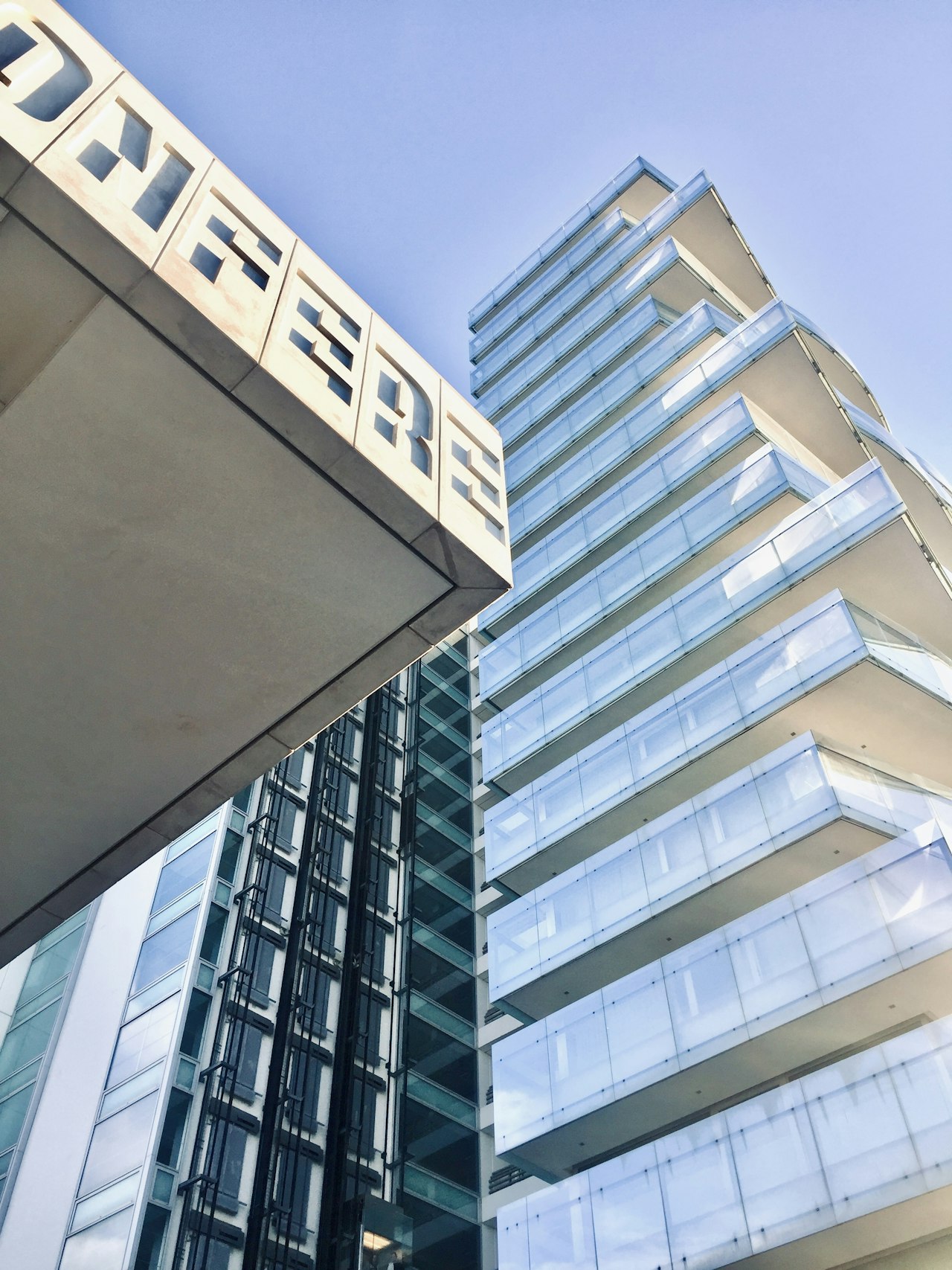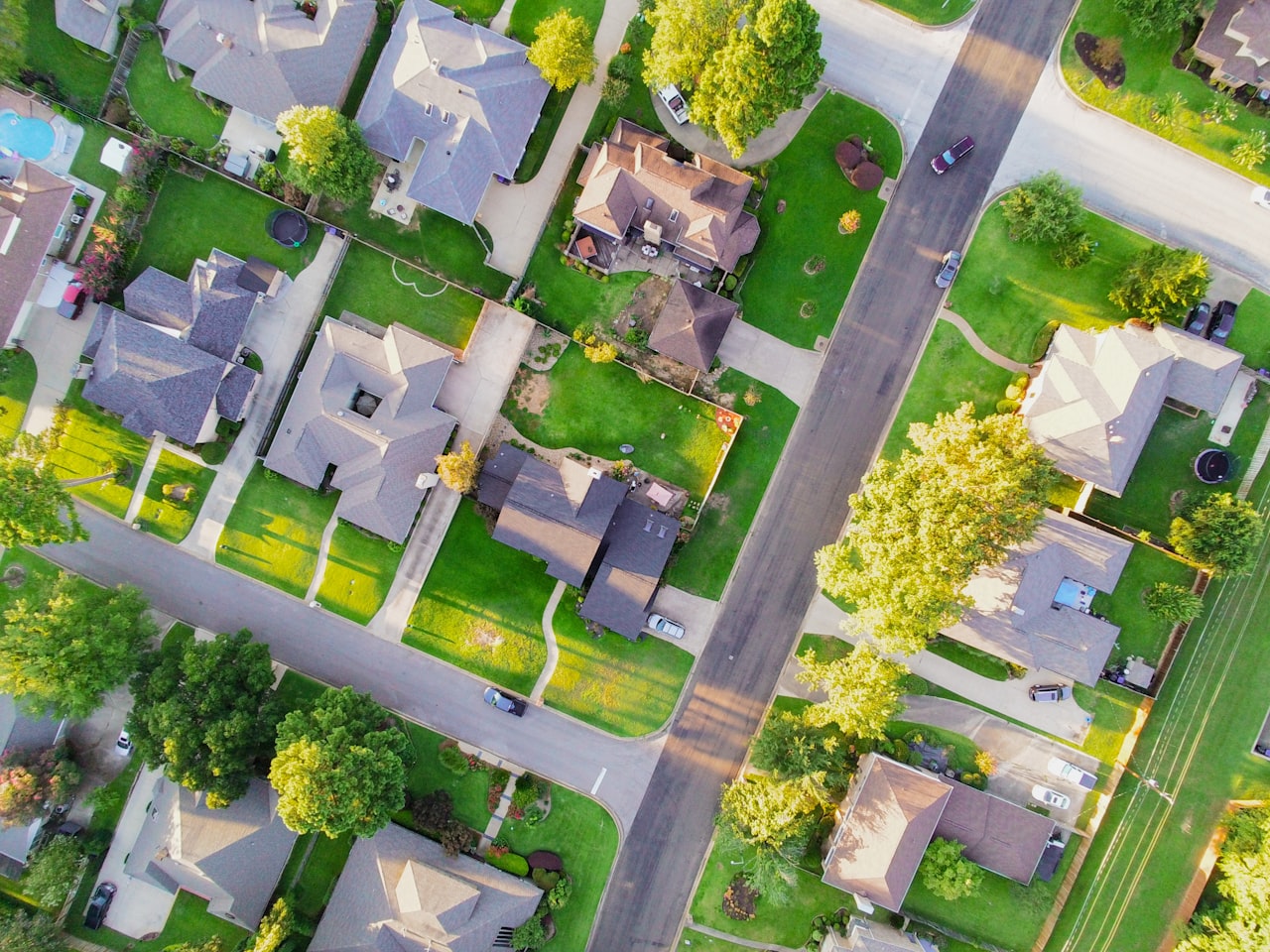Introduction:
In today's real estate landscape, the demand for homes has reached unprecedented levels, leading to either exorbitant prices or neglected properties that struggle to find buyers. However, there is a promising development on the horizon. The Federal Housing Administration (FHA) is gearing up to overhaul its 203(k) program, offering a lifeline to potential buyers and making fixer-upper homes more appealing. In this blog post, we will delve into the proposed changes to the 203(k) program and other initiatives aimed at breathing new life into the housing market.
-
Addressing Unrealistic Pricing: The current surge in housing demand has resulted in either overpriced listings or overlooked properties in need of attention. Sellers may need a reality check, and the proposed changes to the 203(k) program could provide the necessary impetus to make these homes more attractive.
-
FHA's 203(k) Program: A Game-Changer: The FHA's 203(k) program allows buyers to acquire homes and include repair or rehabilitation costs in a single mortgage. With the program not receiving updates for years, significant changes are on the horizon. The pending updates are considered the most comprehensive in at least a decade, promising to reinvigorate homes that were previously challenging to sell.
-
Key Changes to the 203(k) Program:
- Increased Allowable Rehab Costs: The FHA plans to raise the limit on allowable rehab costs from $35,000 to $50,000 ($75,000 in high-cost markets), aligning with current higher repair costs.
- Extended Rehab Period: The allowable rehab period is set to increase from six months to 10 months, offering more flexibility for property enhancements.
- Higher Initial Draw: The initial draw will cover 75% of the cost of building materials, up from the current 50%, facilitating buyers in initiating renovations.
-
Incorporating Consultant Costs into Mortgage: A notable improvement is the FHA's decision to permit the inclusion of consultant costs in the mortgage. This change enhances the program's flexibility and convenience for buyers looking to renovate homes.
-
Industry Feedback and Future Prospects: While the proposed changes are still pending finalization, the industry's response has been generally positive. Lenders view the updated 203(k) program as a valuable resource for buyers, potentially unlocking discounted inventory and addressing the backlog of homes in need of renovation.
-
Broader Initiatives to Boost the Housing Market: The 203(k) program enhancements are part of the broader initiatives by the Biden administration to stimulate the housing market. Additional measures, such as a federal tax credit supporting construction and renovation in distressed neighborhoods, aim to foster homeownership opportunities for families.
-
Freddie Mac's Positive Contribution: Another positive development is Freddie Mac's new tool for determining the eligibility of condominiums for favorable financing. The streamlined process may save time and money for both lenders and borrowers, providing further support to the housing market.
Conclusion:
As the real estate landscape faces challenges, the proposed enhancements to the FHA's 203(k) program offer a glimpse of optimism. These changes, coupled with broader initiatives, signal a concerted effort to address the issues affecting the real estate market. The housing market may be on the brink of a positive transformation, presenting opportunities for buyers, revitalizing communities, and driving economic growth.

































































































